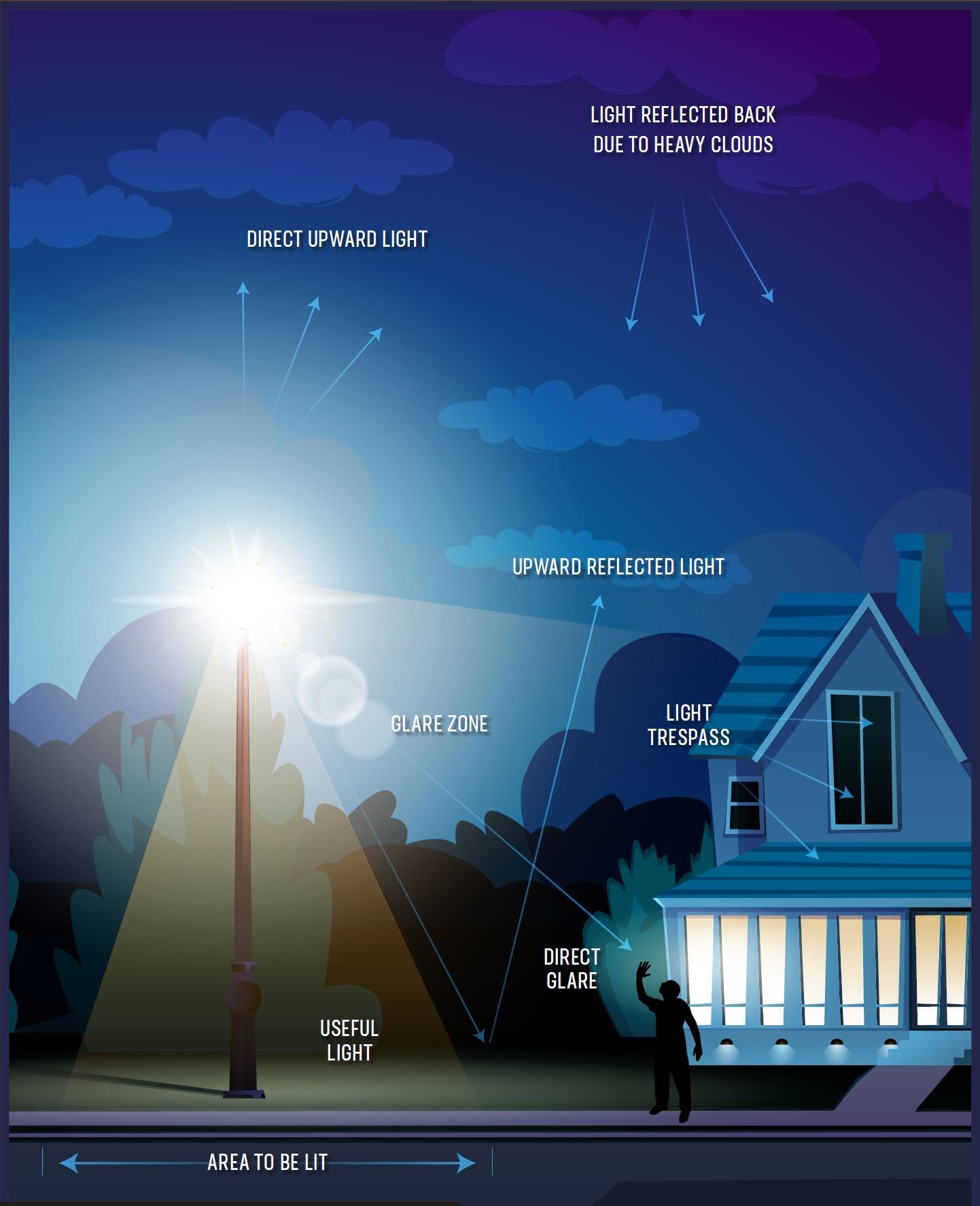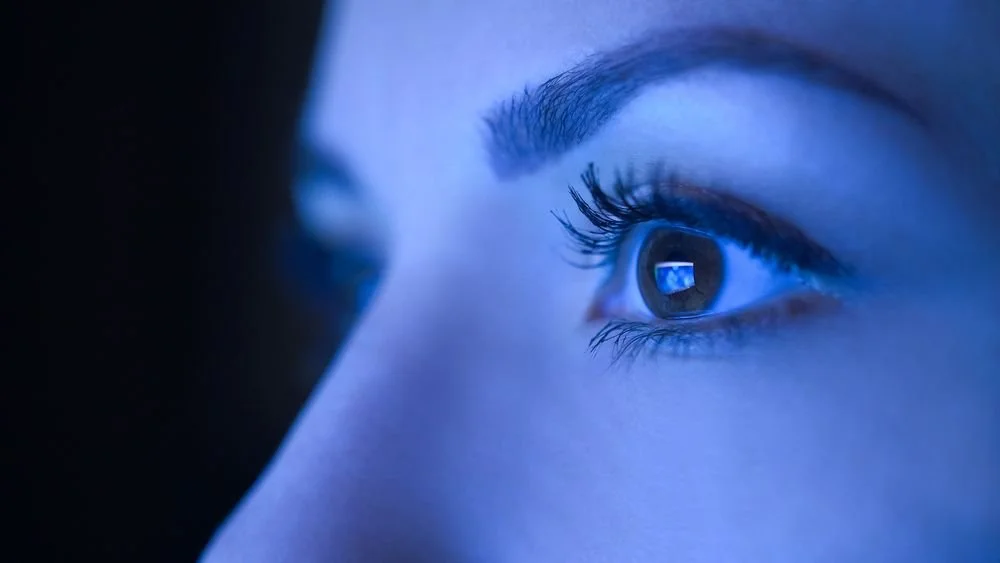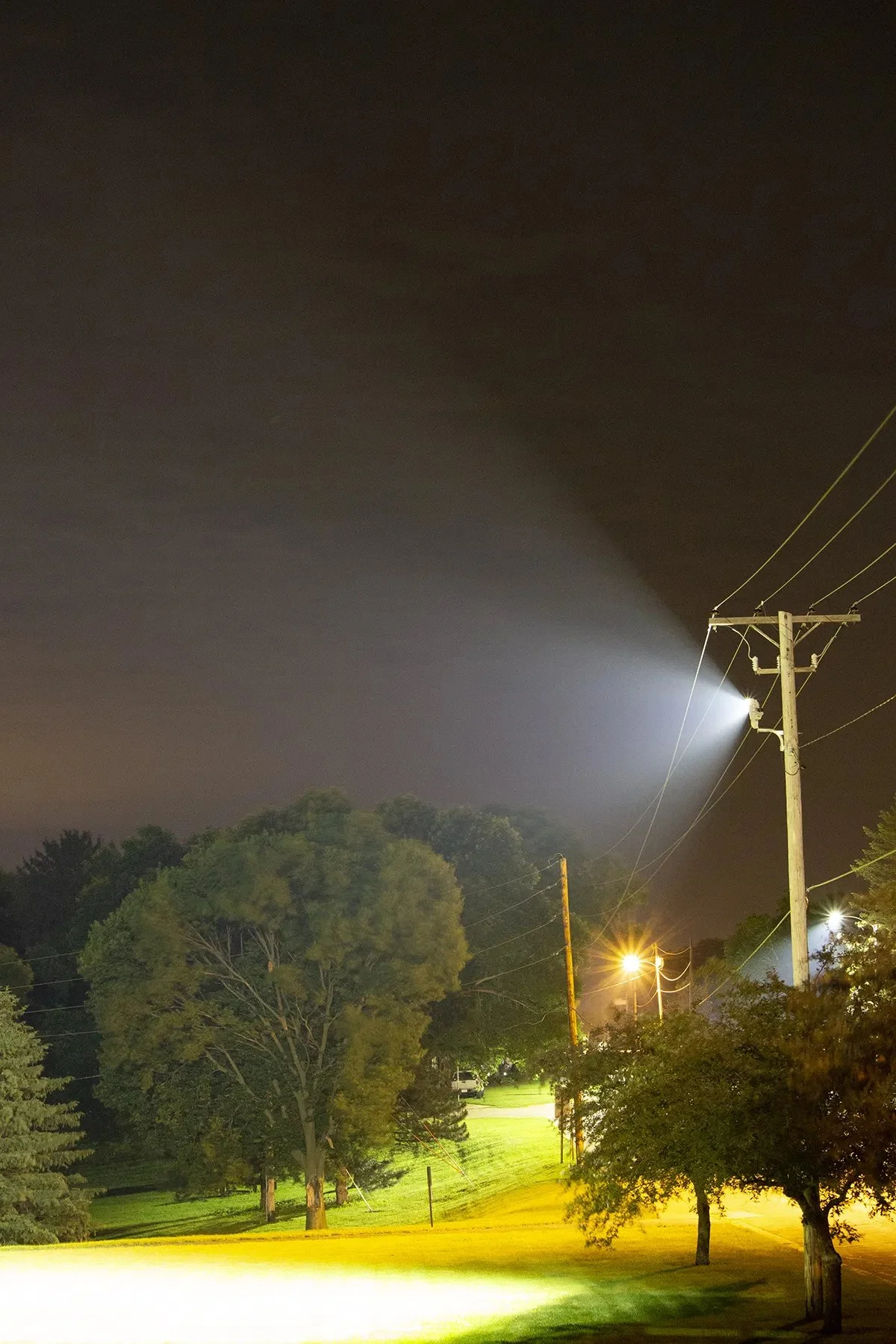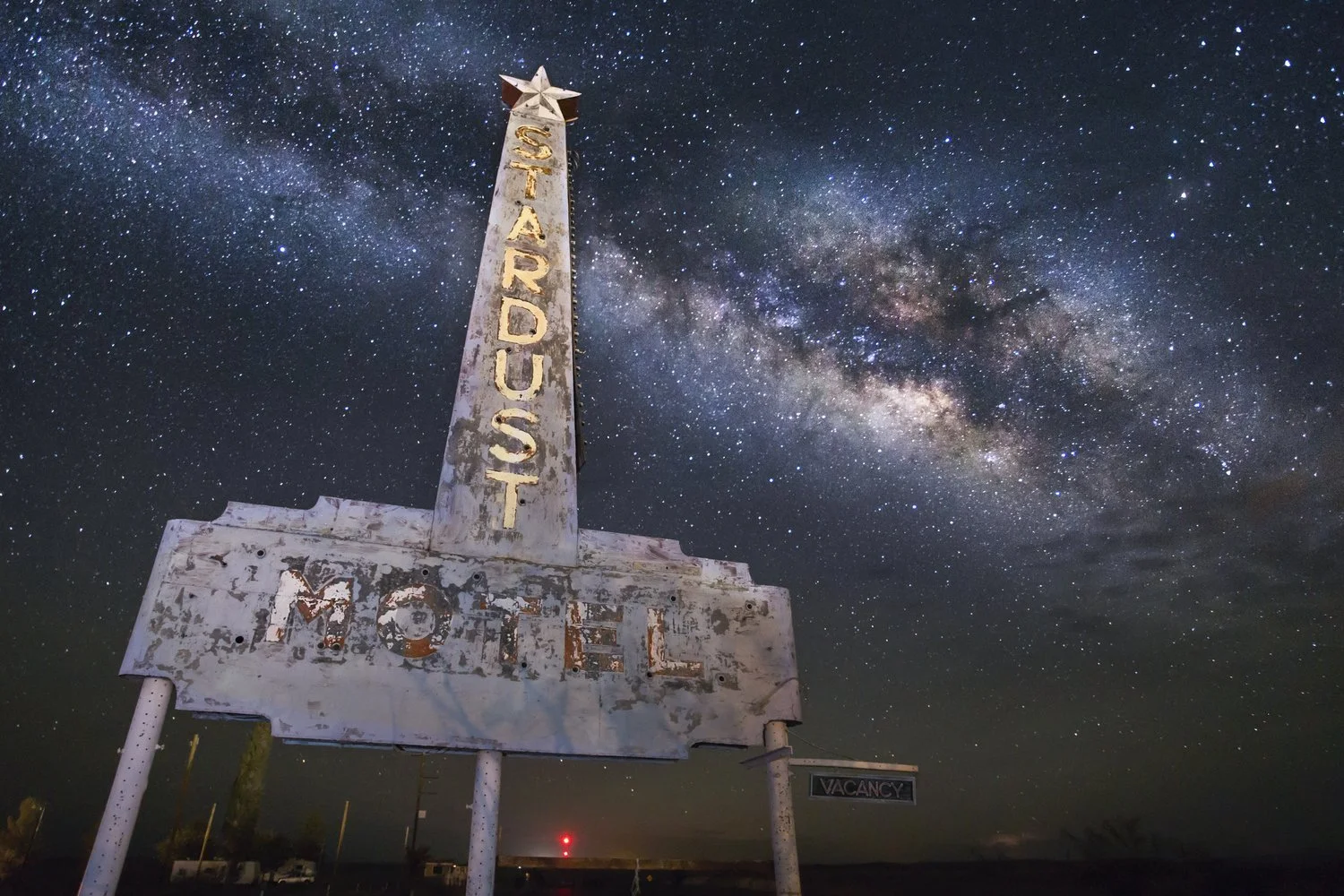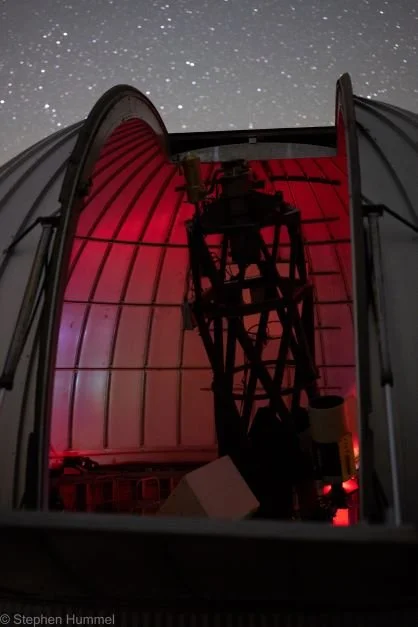
Light pollution is light out of place.
Types of Light Pollution
Skyglow
Skyglow is the scattering of light in the atmosphere, causing the sky to never be truly dark. Because of skyglow, 80% of Americans can no longer see the Milky Way.
Light Trespass
Light trespass is light falling where it is not intended or needed, such as a neighbor’s light shining into your bedroom.
Glare
Glare is excessive brightness that causes visual discomfort. Glare is not only annoying but can be a safety concern.
Clutter
Clutter is bright, confusing or excessive groupings of light. Clutter is especially problematic while driving at night.
Is Light Pollution Really “Pollution”?
Yes! Like air or water pollution, light pollution negatively affects our health, the environment, the night sky and more.
Explore the Impacts of Light Pollution


